Else Baker; photo: Jarek Praszkiewicz
2 August 2019
Else Baker
Holocaust survivor
Commemoration speech at the Roma and Sinti memorial in Auschwitz-Birkenau on the occasion of the 75th anniversary of 2 August 1944 – the European Holocaust Memorial Day for Sinti and Roma 2019
Ladies and Gentlemen,
Dear Friends,
I am very pleased and moved, to see so many people here today. I would like to use this opportunity to remember some of the other Survivors I have known personally, like Ricky Adler, Hugo Höllenreiner and Walter Winter.
They would be very pleased as well that so many people have gathered to commemorate the terrible crime that was committed here 75 years ago.
I was born in December 1935 in Hamburg, where I grew up in a foster family. From my perspective, my foster parents, Auguste and Emil Matulat, simply were my parents. We did not know, that my biological mother was a Sintiza. Therefore the Nazis considered me a gypsy as well.
My foster parents were shocked when in March 1943 two German police men knocked on our door. They wanted to arrest me – a seven year old girl. The Policemen took me to a warehouse near the Harbour that served as a collection point for the deportation of Sinti and Roma as well as Jews to the concentration camps. On this day a group of more than 300 Sinti and Roma were meant to be deported – I among them.
I was very lucky because my father somehow managed to get me released before the train to the Auschwitz concentration camp departed. Back then, I did not really understand what had happened. I just went back to school the next day.
Just one year later, everything repeated itself. Again, Policemen were standing on our doorstep. Again, I was arrested. Again, my father tried to have me released. This time however he did not succeed. Together with 25 other Sinti – many children among them – I was deported to Auschwitz.
I was only 8 years old and all alone. It was like an inferno. I will never forget this situation. I had never seen that many people. They were covered in rags. Some looked like skeletons, their eyes completely hollow. Terrible. There are no words to describe it. And I was just a child. All alone among strangers.
Without the help and support by another prisoner, the Sintiza Wanda Fischer, I would not have survived. She protected me. When the SS began the preparations to kill the last surviving prisoners of the BIIe camp, I got separated from Wanda. Everything was even worse than before. It is almost unimaginable but it is true. Most of us were murdered.
I was deported to the Ravensbrück concentration camp. Here I had no one to protect me anymore. I stopped speaking. I was sitting on the ground like a zombie – like a living corpse.
Thank God I was released from Ravensbrück after a few weeks. My father, Emil Matulat, had not given up. He wrote petitions and letters to the authorities as well as to the Nazi leadership. That meant taking a considerable risk.
At the end of September 1944 only a few months before the war ended my father was allowed to pick me up from Ravensbrück. When he saw me for the first time after those terrible months, I was heavily traumatized. He later told me, I had looked like a mummy. My eyes were not those of a child anymore. They looked like those of a very old person.
It took decades until I could speak about the horror I had endured. Finally in the 1990 I found the strength to contact the Documentationcentre of German Sinti and Roma in Heidelberg and share my story. For the first time I could talk about my horrible experiences without breaking down.
Even today it is extremely difficult for me to come back to the place of the former annihilation camp Auschwitz. I experienced first hand the effects of Antiziganism, Antisemitism and Racism. Three of my four biological siblings and my biological mother were murdered by the Nazis. I myself survived Auschwitz through sheer luck and the selfless acts of some individuals.
The fates of those that were murdered and of those that survived the camps must never be forgotten. That is why I stand here today. At a time when racist groups are gaining influence it is not enough just to remember the Nazi-Crimes. All of us – survivors of the annihilation camps as well as young people – have to stand up for democracy and human rights. We can never be sure that the nazi crimes will not be repeated.
May I just say that I am very sad, that the current political climate emboldens racists and extremists so that people like myself have to feel fearful again.
Biography
Else Baker was born in December 1935 in Hamburg as the daughter of a Sintiza. A foster family (Auguste and Emil Matulat) took her in as an infant. In March 1943, Else was arrested by two policemen and taken to a warehousein the Port of Hamburg, which served as a rallying point for deportations of Jews, Sinti and Roma from Hamburg to the concentration camps. The 7-year-old girl was to be taken to the concentration camp Auschwitz together with 328 other Sinti and Roma. Fortunately, her foster father, Emil Matulat, managed to get her released and she was allowed to return home.
However, she was arrested again in April 1944. This time her foster father could not prevent her deportation to Auschwitz. All on her own, she survived the camp only through the protection and help of an older Sintiza. When the last Sinti and Roma remaining in the BIIe camp were murdered in August 1944, Else was separated from her protector and transported to the Ravensbrück concentration camp. In the meantime, Emil Matulat had never stopped trying to get her released. In September 1944 his pleas and letters to the Nazi-authorities finally payed off. He received permission to pick Else up from Ravensbrück. Today, Else Baker lives in the UK, where she emigrated in the 1960s. In the 1990s, she started to share the story of her incarceration and survival. For this commitment, she has received numerous awards. In 2005 she was the first Sintiza to be received in audience by the British Queen.
„I was only 8 years old and all on my own. It was like an inferno. I will never forget this situation.“
Interview with Else Baker, 2007
Statements on the occasion of the European Holocaust Memorial Day for Sinti and Roma
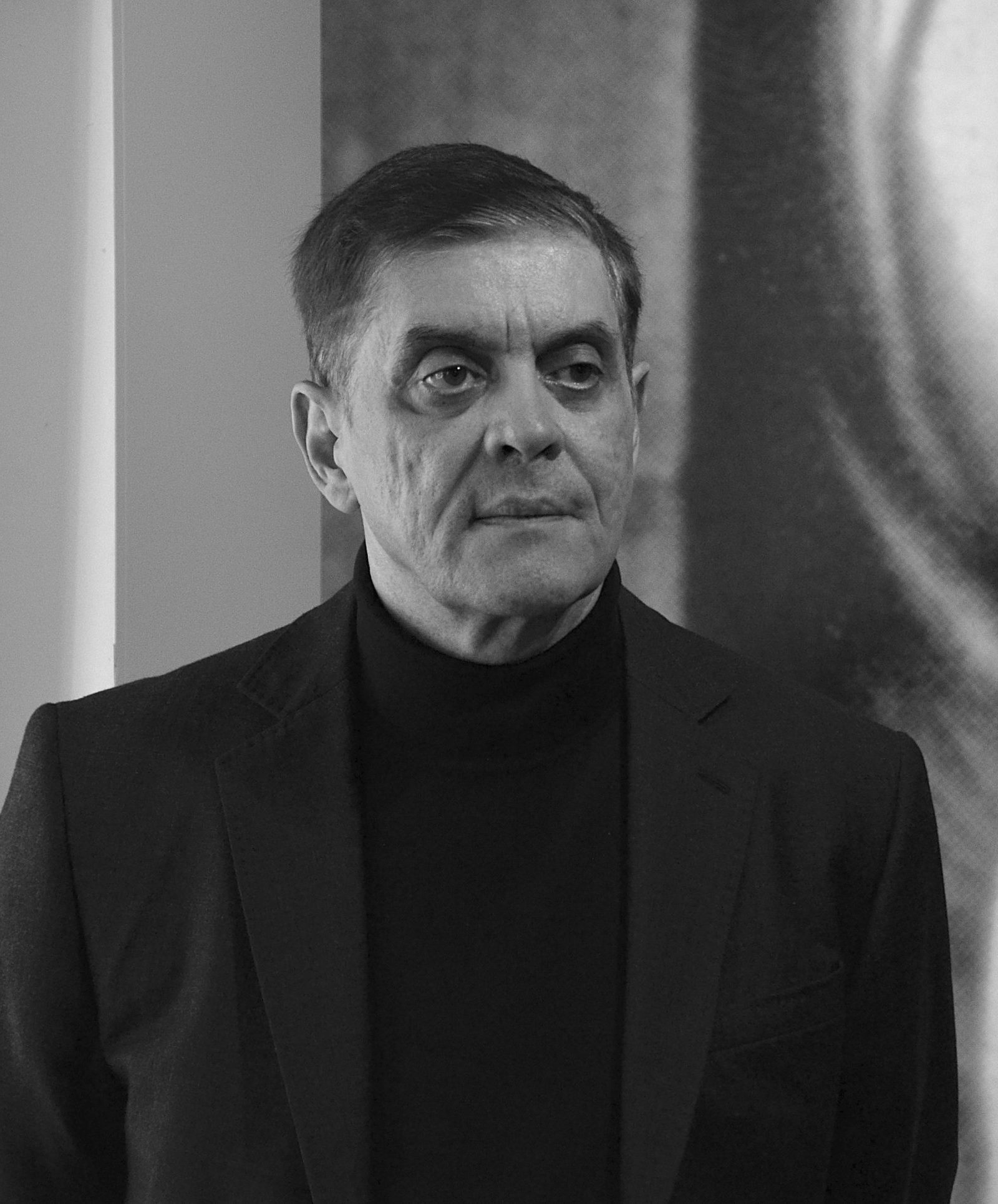
Romani Rose
Chairman of the Central Council of German Sinti and Roma
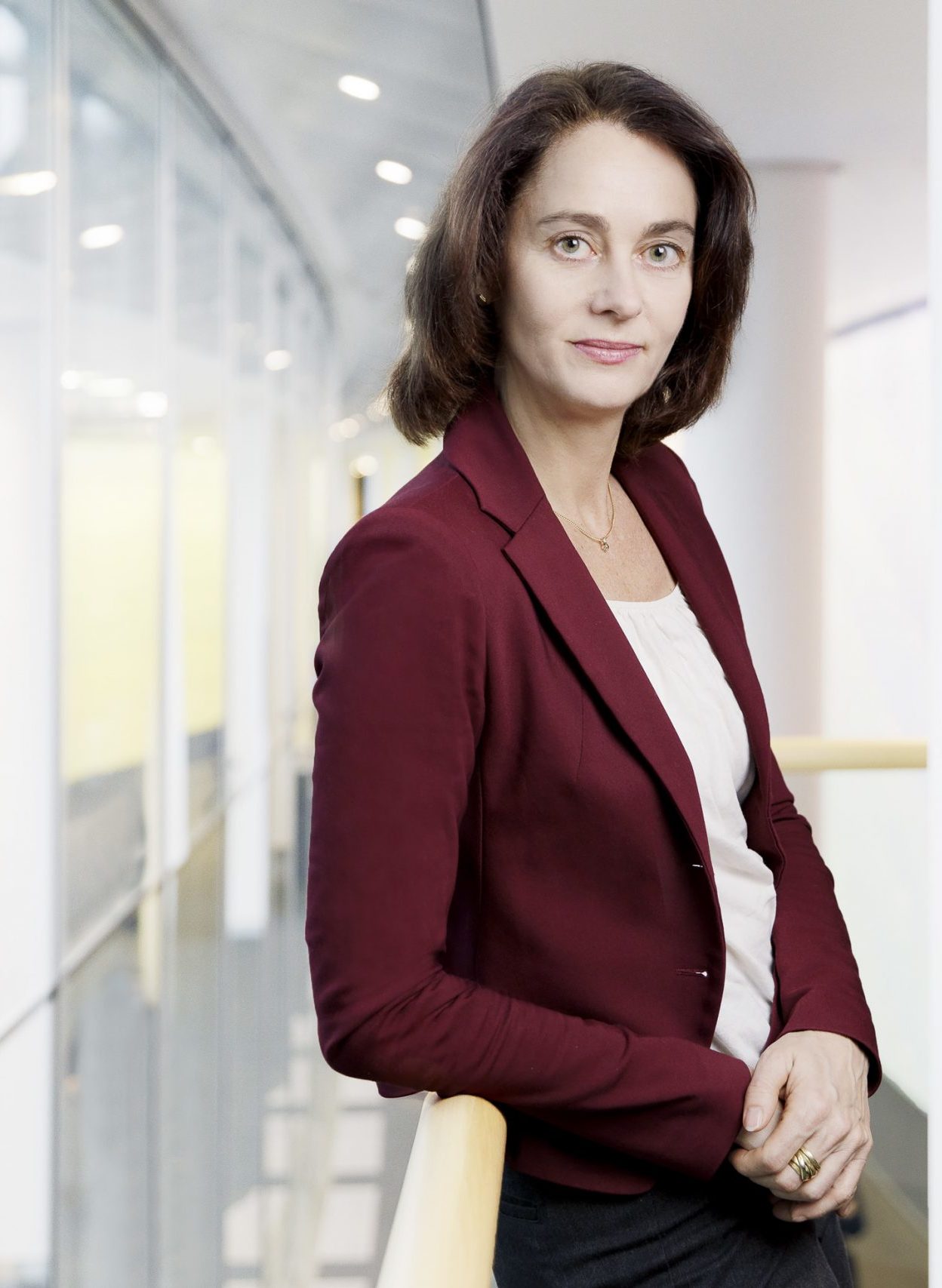
Katarina Barley
Vice President of the European Parliament
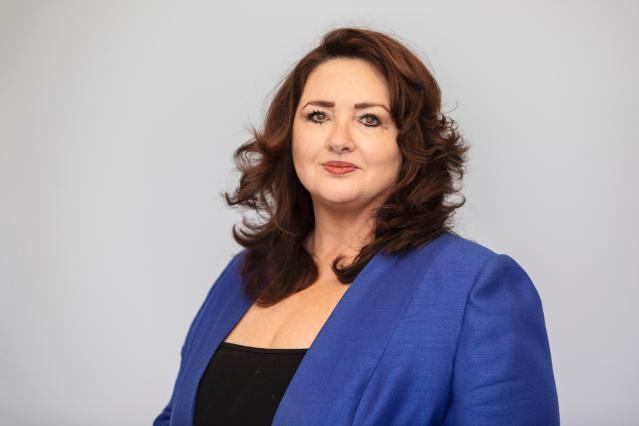
Helena Dalli
European Commissioner for Equality
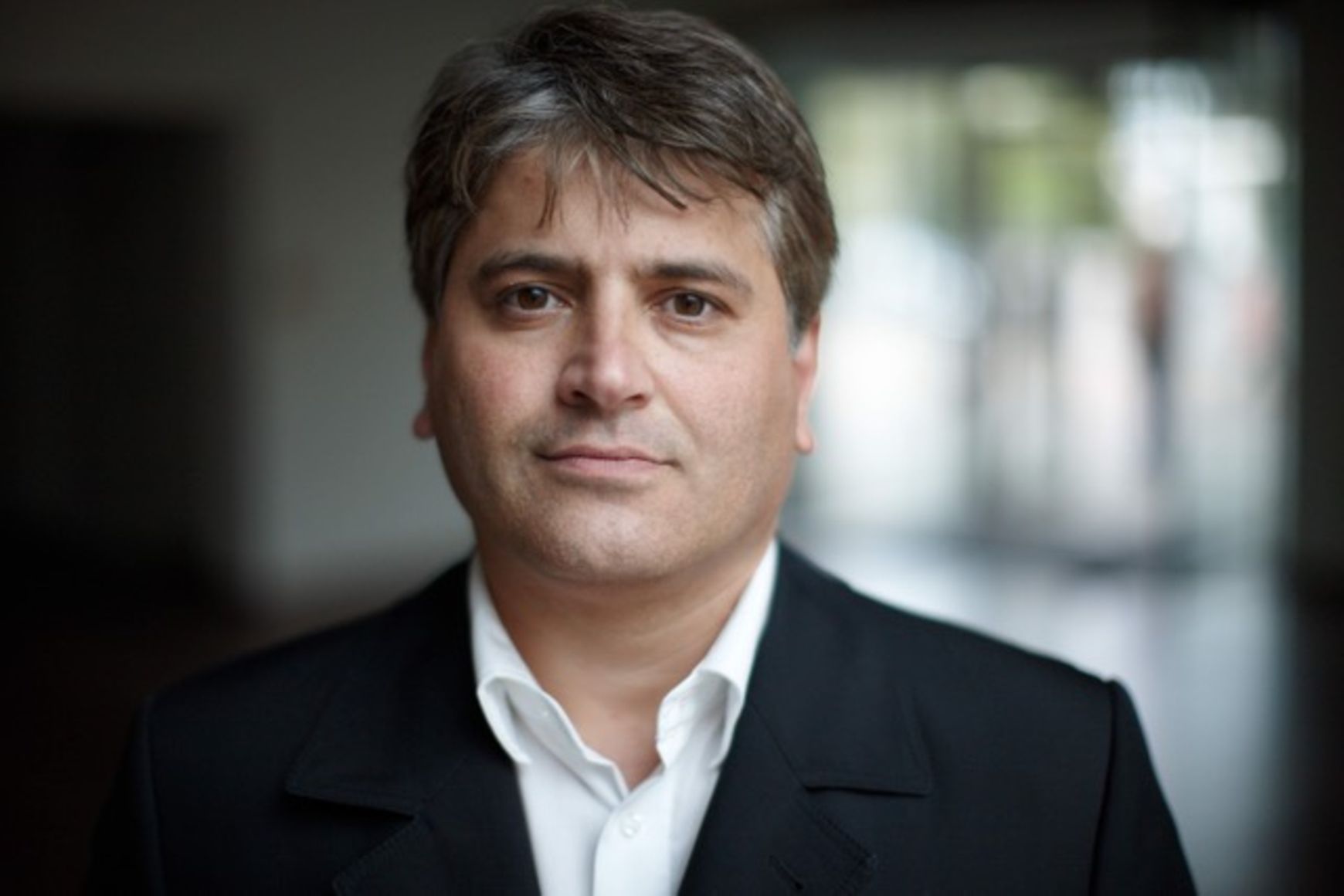
Mehmet Daimagüler
Dr. Mehmet Daimagüler, Antigypsyism Commissioner of the Federal Government

Roberta Metsola
Roberta Metsola, President of the European Parliament
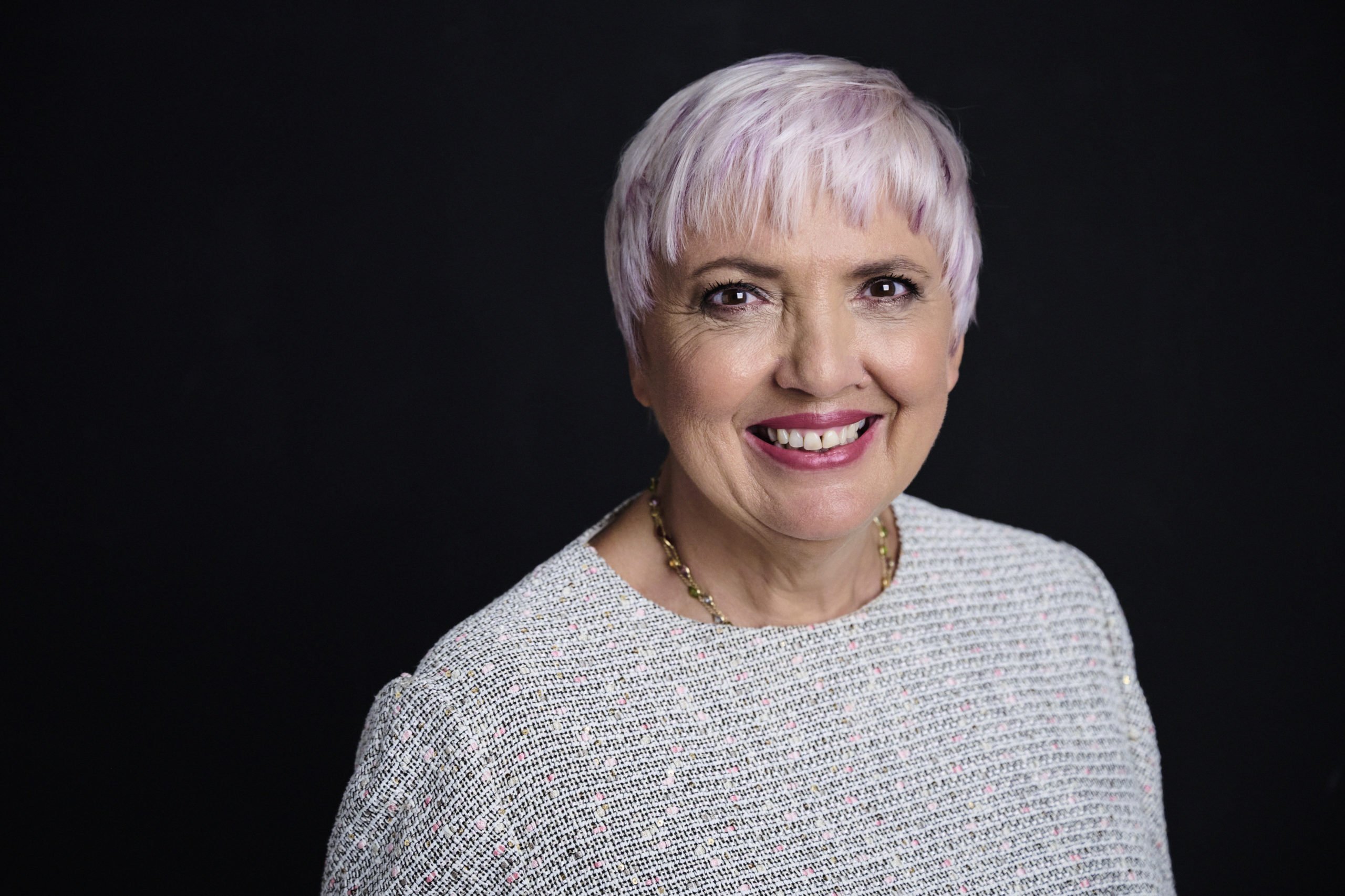
Claudia Roth
Vice President of the German Bundestag
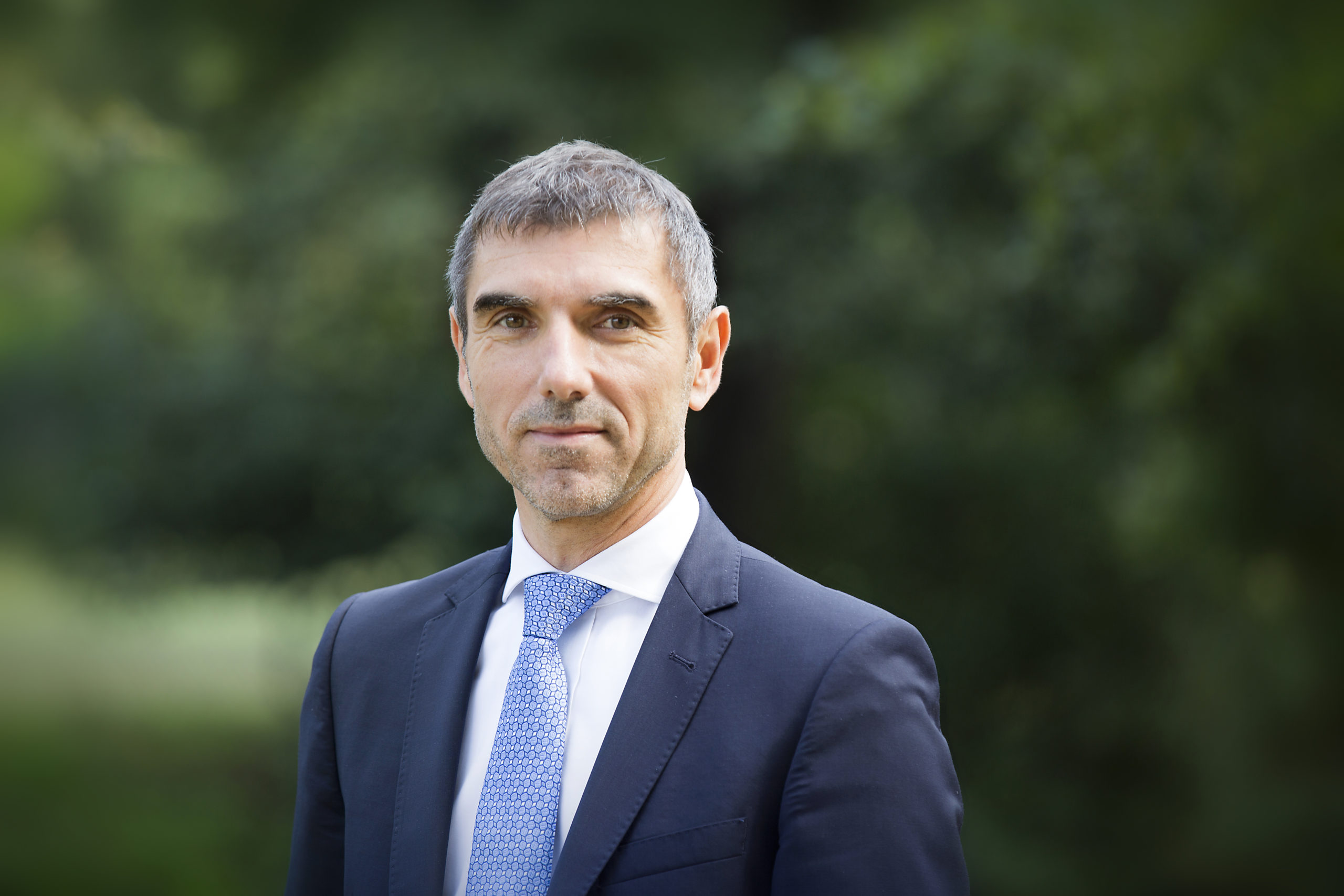
Paul Blokhuis
Dutch State Secretary Paul Blokhuis
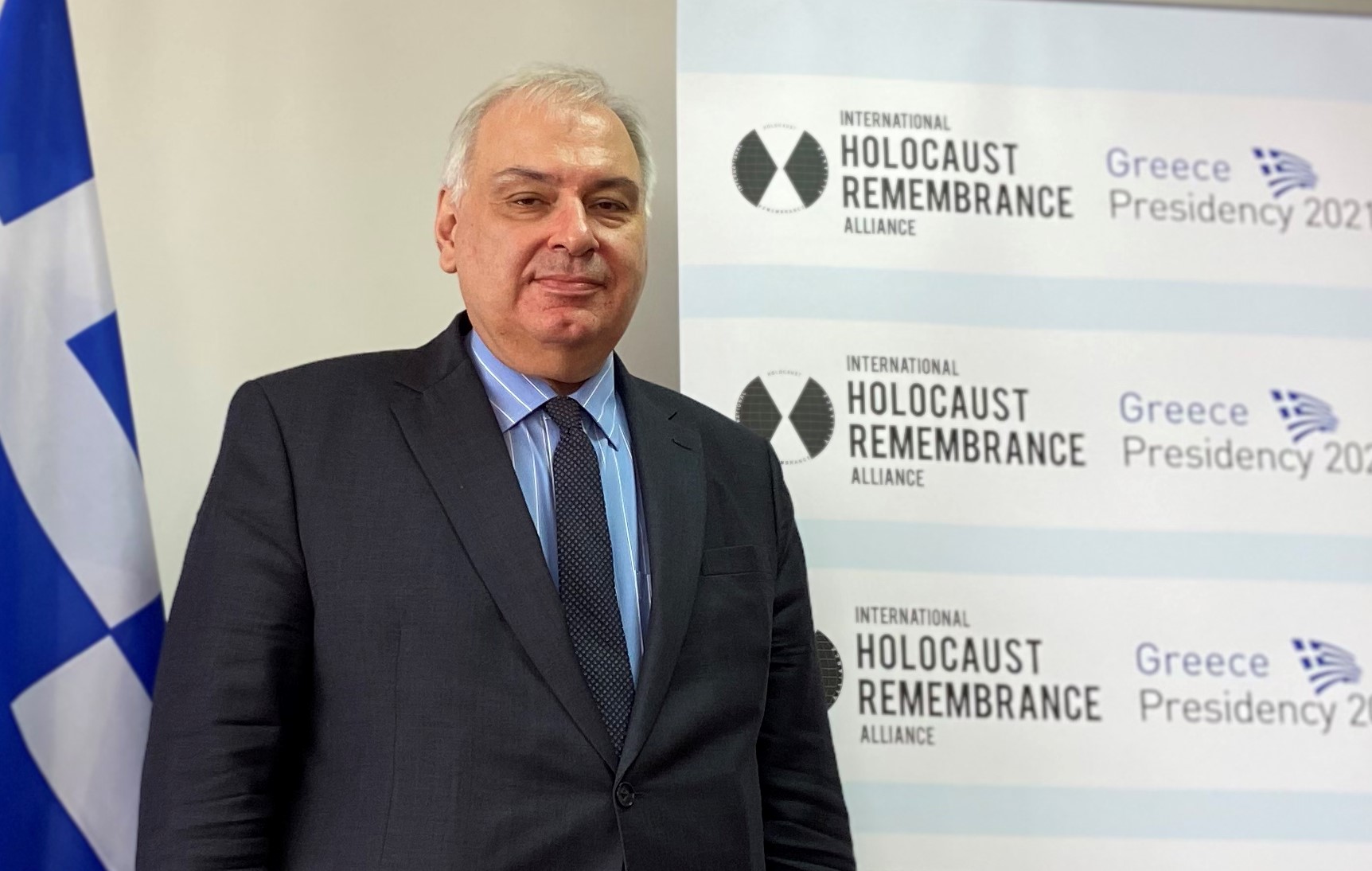
Chris J. Lazaris
Amb. Chris J. Lazaris, IHRA Chairman
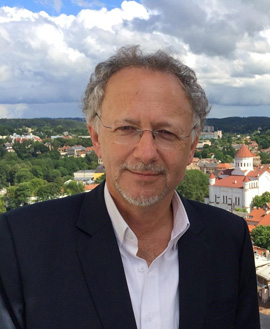
Fernand des Varennes
UN Special Rapporteur UN minorities
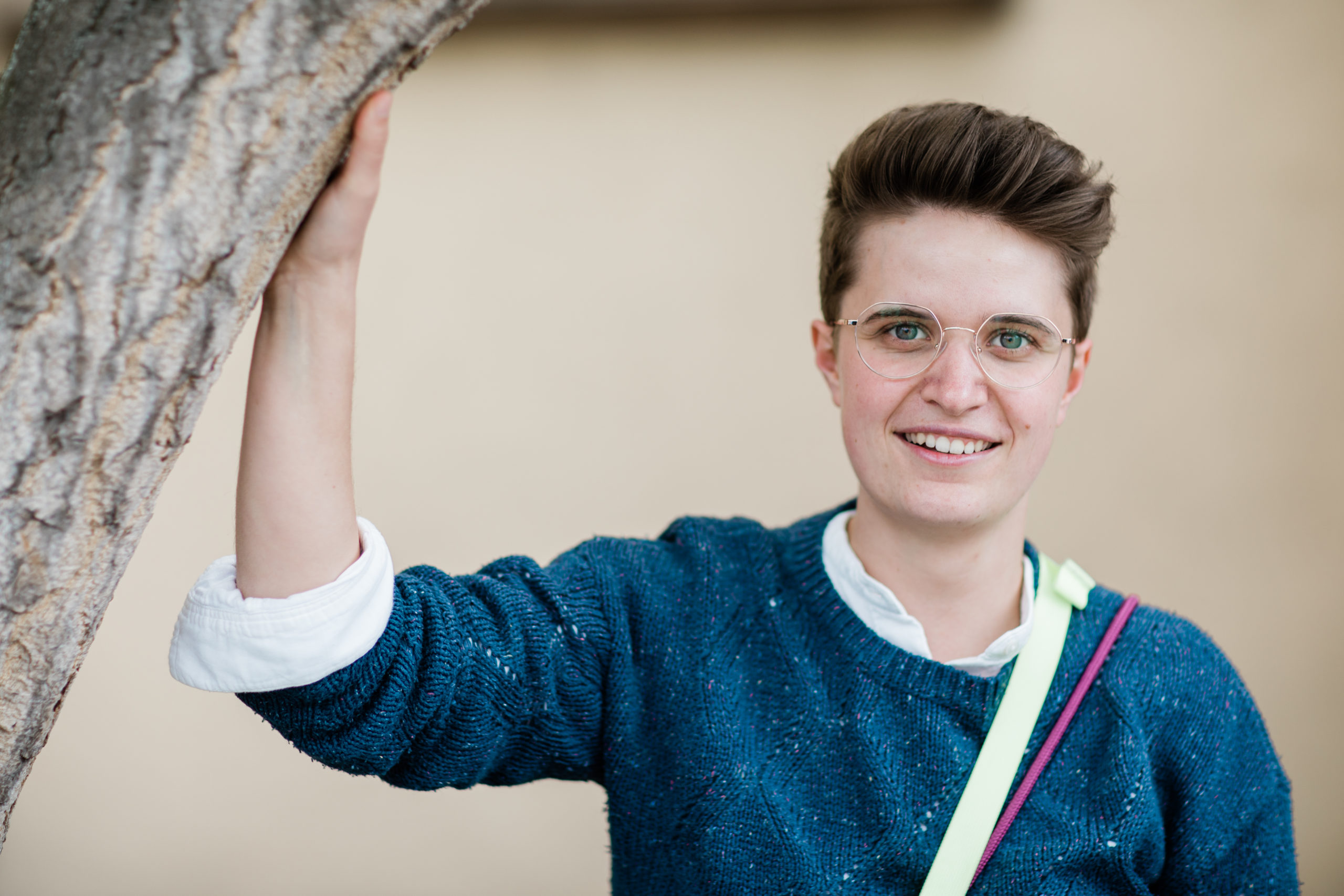
Anna-Nicole Heinrich
President of the Synod of the Evangelical Church in Germany (EKD)










